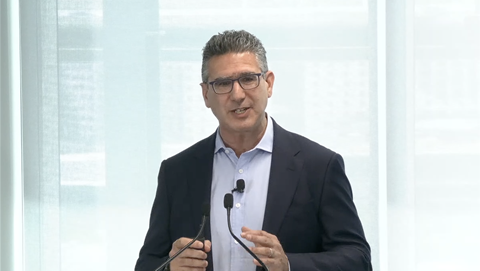Four years ago the Recording Industry Association of America alleged that she and her eight year old daughter were downloading gangster rap songs to their home computer.
She offered to let investigators examine her PC but they declined and said they would prosecute unless paid several thousand dollars.
"You're going to have to pay us, or this won't go away," she claims she was told, according to an interview in Business Week.
Eventually she was served with papers and the court case began. She was defended on a no win no fee basis by Seattle lawyer Lory Lybeck.
"I said to myself, either she's a good actor and a good liar, or what they have done to her is really crummy," he said.
During the case Andersen submitted her PC to the music industry legal team for analysis. After the analysis was complete the RIAA refused to release the report, but were forced to by the court. It stated that there was no evidence of piracy.
The court gave the RIAA until June 1st last year to produce evidence to back up its case. When the deadline came the RIAA dropped the case and promised no more action.
However, Andersen was so incensed that she then a legal case of her own against the record companies and the investigators they use.
"The RIAA is fighting very hard to make sure that [Andersen's case] never reaches a jury," says Heidi Li Feldman, a professor at Georgetown University's law school.
"The minute this reaches a jury, they will have to think about settling."


_(20).jpg&h=140&w=231&c=1&s=0)
_(33).jpg&h=140&w=231&c=1&s=0)






 iTnews Executive Retreat - Security Leaders Edition
iTnews Executive Retreat - Security Leaders Edition
 iTnews Cloud Covered Breakfast Summit
iTnews Cloud Covered Breakfast Summit
 Melbourne Cloud & Datacenter Convention 2026
Melbourne Cloud & Datacenter Convention 2026
 The 2026 iAwards
The 2026 iAwards












_(1).jpg&h=140&w=231&c=1&s=0)



